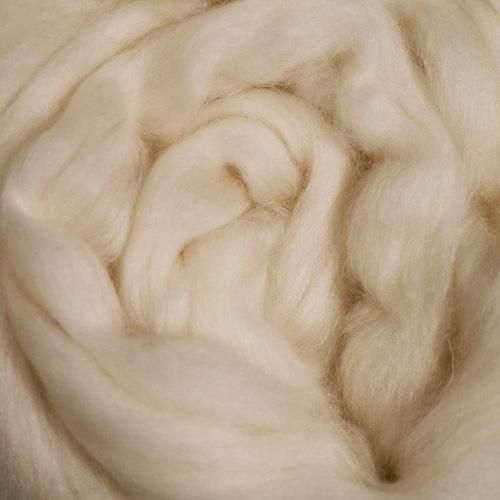The Exciting Process Behind Producing cashmere Fibre and Its Benefits
The Exciting Process Behind Producing cashmere Fibre and Its Benefits
Blog Article
The Importance of Cashmere an All-natural Fiber: A Guide to Sustainable Style Selections
The apparel industry, infamous for its significant ecological footprint, is progressively shifting in the direction of even more lasting products and techniques. Amongst these, cashmere, an all-natural fiber sourced from Kashmir goats, stands out for its eco-friendly manufacturing procedure, longevity, and ageless appeal. As customers, the choice to opt for cashmere garments can result in a substantial reduction in vogue's ecological influence while including unequaled convenience and style to one's wardrobe. Understanding the details of cashmere and its lasting production procedure is important to value its significance totally.

Understanding Cashmere: a Closer Take A Look At Its Origins
Revered for its luxurious soft qualities and warmth, cashmere represents the embodiment of polished comfort on the planet of fabrics. It originates from the rugged, fluffy undercoat of the Kashmir goat, largely located in harsh climates of Mongolia, China, and India. Strikingly, each goat yields simple 150 grams of the precious fiber yearly, after a tough process of sorting and brushing. This clarifies the high worth cashmere commands in the marketplace. Its deficiency, combined with the extensive labor required for its production, adds to its exclusivity. The all-natural insulation residential or commercial properties of cashmere also make it a favored for wintertime fashion. Regardless of its fragile look, cashmere is incredibly sturdy, providing the excellent blend of luxury and durability.
The Sustainable Manufacturing Process of Cashmere
While the high-end and charm of cashmere are indisputable, the methods of its manufacturing also hold substantial value. The sustainable manufacturing of cashmere entails a green and meticulous procedure. The fibers are gathered each derive from goats in Mongolia and China without creating damage to the animals. Each goat generates just a few ounces of the valuable fiber, guaranteeing its rarity and value. The fibers are after that arranged by hand, cleaned up, and rotated into yarn, a process that calls for minimal machinery and adds to regional economic climates. This cautious, honest process reduces environmental impact and promotes the long life of the cashmere-producing goat populations. Selecting cashmere is not just a style declaration, yet also a conscious option for sustainable living.
Cashmere and Sturdiness: A Long-lasting Style Financial Investment
Along with its lasting manufacturing process, cashmere's sustaining resilience makes it a deserving style investment. Unlike artificial materials that weaken promptly, cashmere stands up to the examination of time. Its fibers are strong, yet adaptable, enabling garments to preserve their shape and softness also after years of wear. Additionally, cashmere's why not try this out capacity to resist pilling provides it an edge over other wool materials. While first expenses may be greater, the you could try this out longevity of cashmere pieces makes them cost-effective in the long run. It's not unusual for premium cashmere garments to be passed down via generations, continuing to be a cherished wardrobe staple. Spending in cashmere is not only a lasting choice yet additionally a dedication to resilient, resilient style.
The Eco-Friendly Benefits of Picking Cashmere
Cashmere, a natural fiber, is eco-friendly and sustainable, making it an ecologically pleasant selection in style. Significantly, cashmere calls for less water for its manufacturing contrasted to cotton, hence conserving one of our planet's most precious resources. In conclusion, selecting cashmere not just provides lavish convenience and warmth however likewise contributes to a more sustainable fashion sector.
Introducing the Ageless Charm of Cashmere in vogue

Making Accountable Wardrobe Selections: Selecting Cashmere
While quick fashion fads might lure with their affordable rates and fast turnover, making liable page closet options entails taking into consideration the lasting influences of one's purchases. Choosing cashmere, a natural and sustainable fiber, can significantly decrease one's ecological footprint. Cashmere garments, recognized for their resilience and classic appeal, usually outlast their synthetic counterparts, minimizing waste and offering far better worth for cash. Cashmere farming adds to maintaining natural environments and biodiversity. Purchasing cashmere supports these standard farming methods, hence enhancing and strengthening regional economies sustainability. Therefore, choosing this luxurious fiber isn't simply a nod to personal design however additionally an action towards accountable intake. Making closet choices like these can influence the apparel industry to prioritize sustainability.
Final Thought
In conclusion, cashmere is a considerable component in the movement towards lasting fashion. By selecting cashmere, customers are not just spending in design and convenience, but additionally supporting liable techniques within the style sector, adding to a more sustainable future.
Selecting cashmere is not just a fashion declaration, but also a conscious selection for lasting living. (cashmere)

Cashmere, a natural fiber, is sustainable and eco-friendly, making it an ecologically friendly choice in fashion. Cashmere, an all-natural fiber obtained from the great undercoat of Himalayan goats, provides exceptional softness and warmth, making it a desired product in the fashion sector.
Report this page